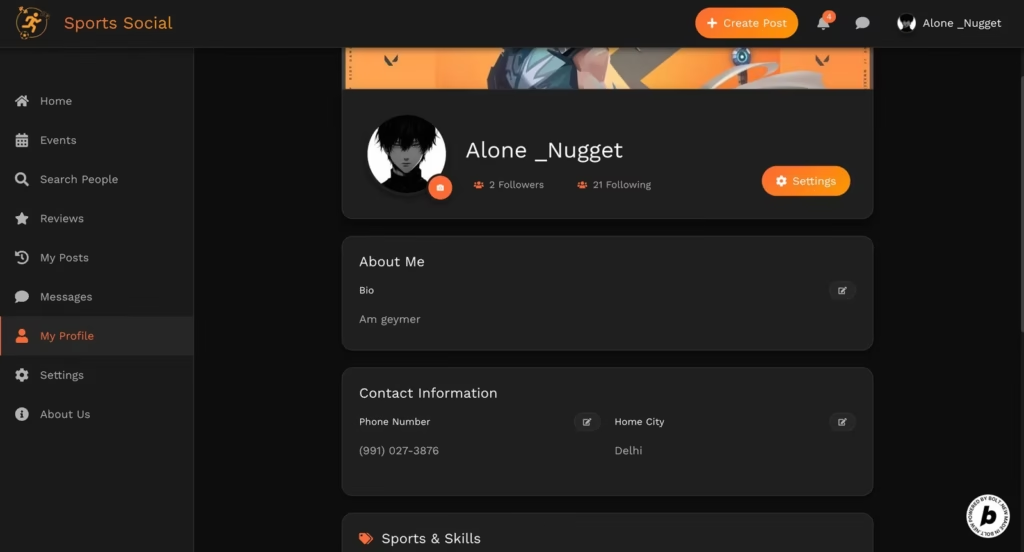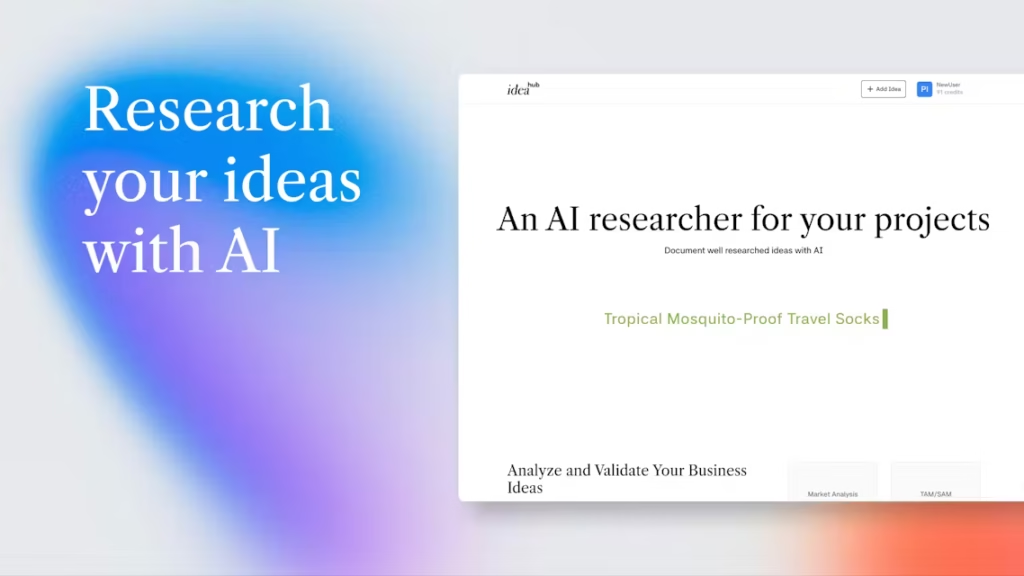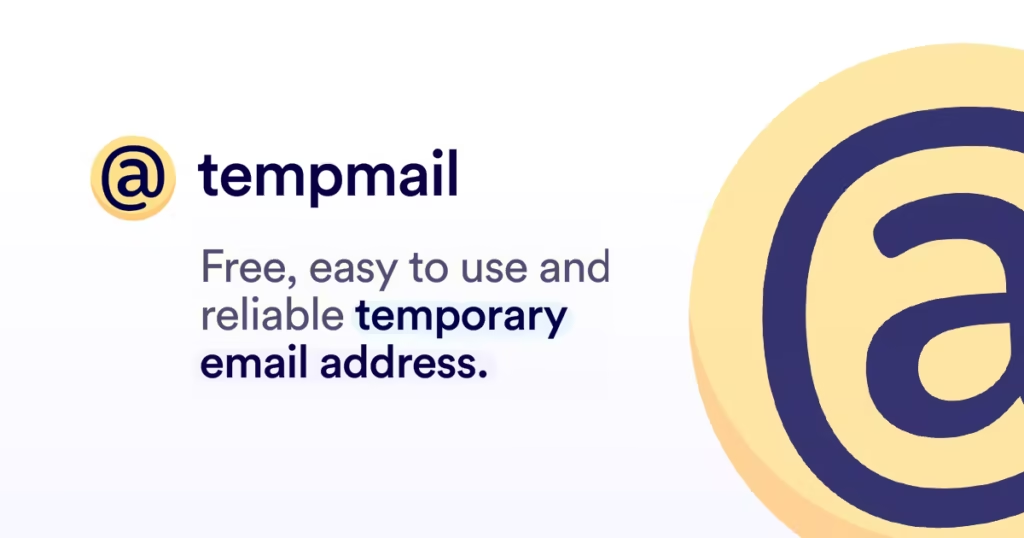Executive Summary
Nomadful ID is a universal health identity platform designed to consolidate fragmented medical records and streamline authentication at healthcare providers. Unlike traditional medical IDs, it prioritizes privacy with local data storage and session-limited sharing. Users control exactly what information (e.g., allergies, blood type) is shared—and for how long—via scannable codes. Hospitals and clinics can integrate it quickly via API, making it a scalable alternative to outdated systems. The tool is part of the broader Nomadful ecosystem, which includes mental health features like journaling.
Key Features Analysis
1. Privacy-Centric Design
Data is stored locally on your device, not on remote servers. When scanned, healthcare providers see only selected fields for 20 seconds before access expires. This minimizes exposure risks.
2. Customizable & Inclusive
Unlike rigid traditional IDs, Nomadful supports non-binary gender options and lets users personalize their ID’s appearance (colors, artwork).
3. Seamless Integration
Clinics can adopt the API in minutes, per the developer’s claims. While technical details are scarce, the focus is on interoperability with existing systems. For more, see their Product Hunt launch.
User Feedback Summary
Early adopters praise Nomadful ID’s:
- Privacy controls: “Finally, a medical ID that doesn’t sell my data.”
- Ease of use: “Setting up my profile took under 5 minutes.”
- Design: “The customizable interface makes it feel less clinical.”
Criticism includes:
- Limited adoption: Few clinics currently support scans.
- App dependency (via Nomadful’s iOS app).
Performance Analysis
Reliability
No reported downtime, but reliance on local storage means losing your device could mean losing access (unless backups are enabled).
Speed
Scans and autofill are near-instantaneous in supported environments.
Usability
Intuitive UI, though some users want more guidance on API integration for healthcare providers.
Pricing Analysis
Nomadful ID is currently free as part of the Nomadful app. No enterprise pricing is disclosed for clinics, which could be a hurdle for widespread adoption.
Frequently Asked Questions (FAQs)
1. Is Nomadful ID HIPAA-compliant?
Likely yes, given its local data storage and encryption, but official certification isn’t confirmed.
2. Can I use it without the Nomadful app?
No—it’s bundled with the app, which also offers wellness tools.
3. What happens if my phone dies?
Carry a backup QR code printout; the system doesn’t rely on cloud backups by default.
4. Which countries support it?
Global in theory, but clinic adoption varies.
5. How does it compare to Apple Health’s Medical ID?
More privacy-focused and customizable, but less universally recognized.
6. Can I share vaccination records?
Yes, if you manually add them as a data field.
7. Is Android support planned?
Unclear; currently iOS-only via the Nomadful app.
8. Do hospitals pay to integrate the API?
Pricing isn’t public, but the website emphasizes low-cost deployment.
9. How often is data synced?
It’s not—all data stays on-device unless shared temporarily.
10. Can I revoke access after sharing?
Yes, but scans auto-expire after 20 seconds regardless.
Final Verdict
Pros:
- Unmatched privacy with local storage and ephemeral sharing.
- Highly customizable for inclusivity and accessibility.
- Lightweight API for healthcare providers.
Cons:
- Limited clinic adoption today.
- No Android version or cloud backup.
Ideal for: Privacy-focused individuals tired of fragmented health records. Not yet viable for emergency use due to low provider uptake. Try it if you value control over convenience.



